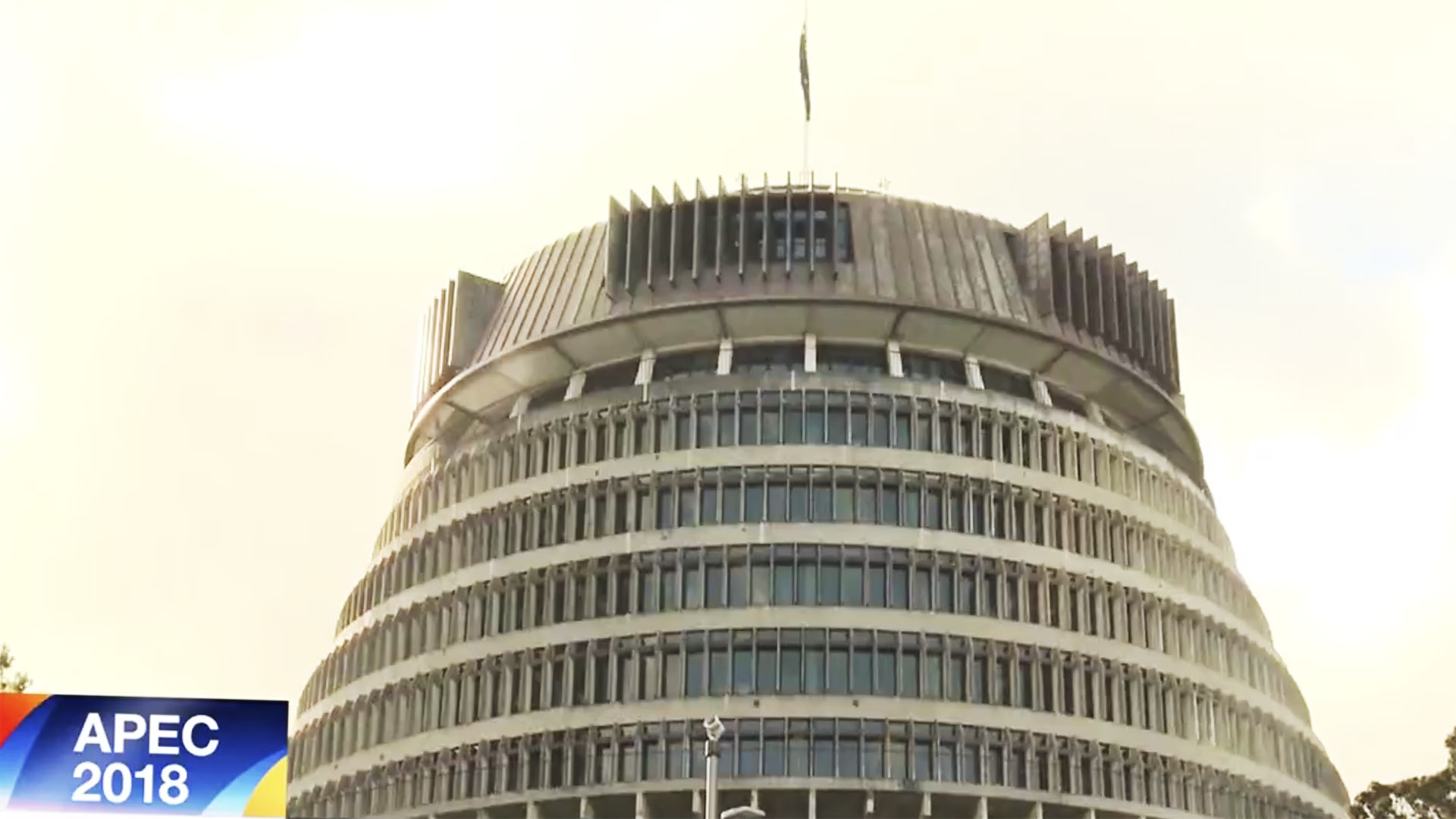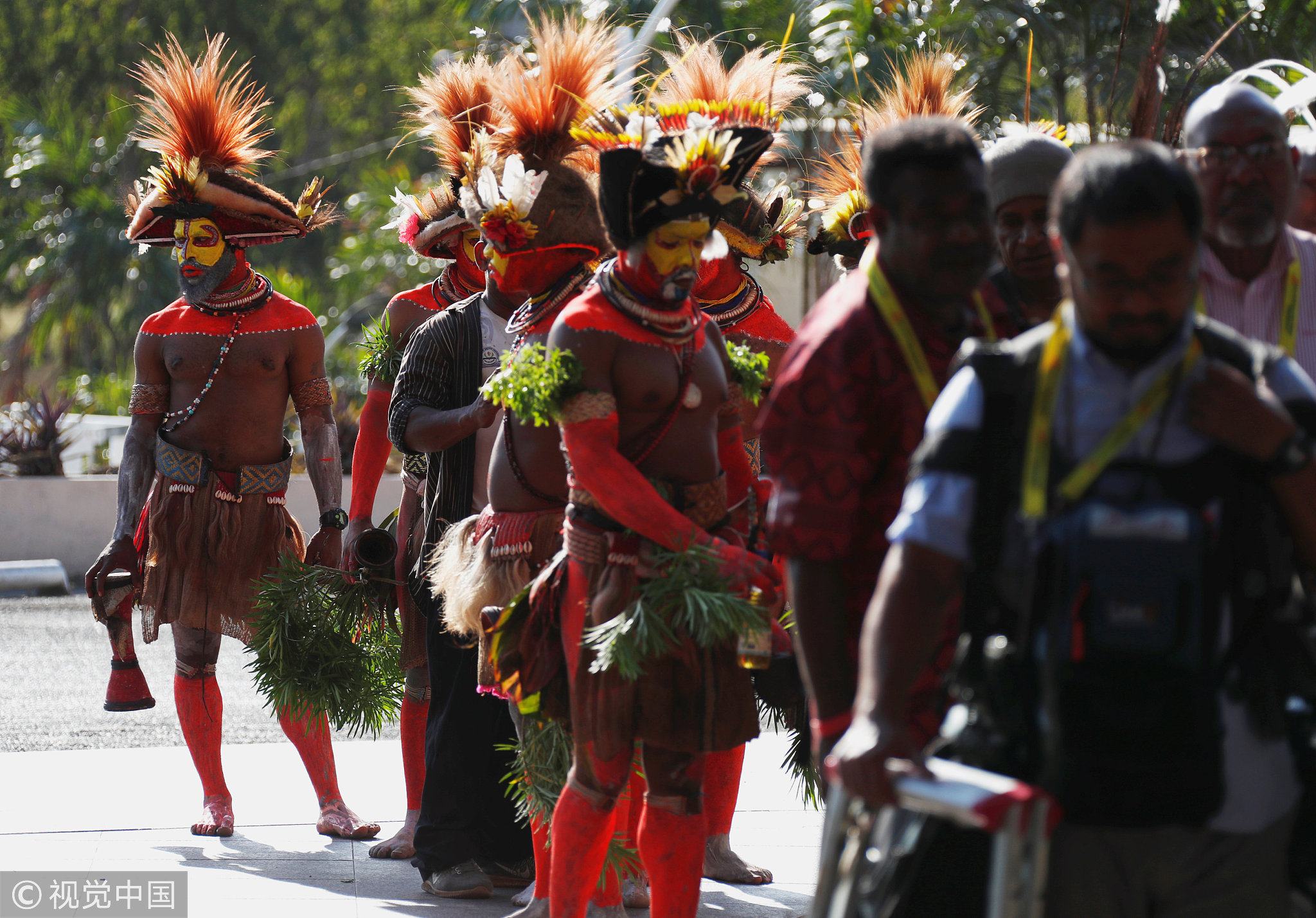
World
19:43, 16-Nov-2018
APEC: China's growing Pacific presence
Updated
19:21, 19-Nov-2018
By Owen Poland
02:39

All eyes will be on the 2018 Asia-Pacific Economic Cooperation (APEC) leaders' meeting in Papua New Guinea this week where Chinese President Xi Jinping will hold a special summit meeting with Pacific Island leaders.
China has been growing its presence in the South Pacific in recent years through a series of major investments in infrastructure projects which form part of President Xi's Belt and Road Initiative. New Zealand China Council executive director, Stephen Jacobi, says the region is crying out for development. "This is a region that has been largely ignored by the major powers, except Australia and New Zealand of course, but it's been ignored for a long time by other major powers."
China has emerged as the second largest aid donor in the South Pacific, and this has raised some concerns in Australia and New Zealand which have been the traditional source of development aid. New Zealand Foreign Minister, Winston Peters, says the Pacific has become "an increasingly congested strategic space" in which Pacific Island leaders have more options and this is creating "a degree of strategic anxiety."
Earlier this year, the New Zealand Government allocated an additional 470 million US dollars worth of aid over the next four years which will mostly be directed to the South Pacific. Australia has also boosted its Official Development Assistance to the Pacific region in 2018 to a record 930 million US dollars, and both countries have agreed to increase defense spending.

People in traditional attire wait before a welcome ceremony for Chinese President Xi Jinping ahead of APEC leaders' meeting in Port Moresby, November 16, 2018. /VCG Photo
People in traditional attire wait before a welcome ceremony for Chinese President Xi Jinping ahead of APEC leaders' meeting in Port Moresby, November 16, 2018. /VCG Photo
University of Auckland Associate Professor, Stephen Hoadley, says that China has stimulated a new interest in the Pacific Islands and that its courting Pacific Island leaders is no different to what other major powers – like Japan and the United States – have done in the past.
"The Chinese are not out to upset the Pacific Islands or the rest of the world. They're out in fact to stabilize and to prosper from that stability that up to now has been underwritten by the United States."
New Zealand has long played an important role in the Pacific and is home to around 300,000 Pacific Islanders who represent seven percent of the total population. The government says it wants to re-energize its Pacific strategy based on mutual respect, but Mr. Jacobi says that, as independent sovereign nations, the South Pacific countries are entitled to make decisions in the interests of their own people.
"We can help. But we cannot tell those countries what to do. We should not tell those countries what to do, that also would be a form of foreign interference that we want to reject."
As for President Xi's meeting with Pacific leaders at APEC, Mr. Hoadley says there is likely to be a lot of talk on climate change, peaceful development and political stability. "These are all the things that China wants, because without political stability, China cannot prosper economically."

SITEMAP
Copyright © 2018 CGTN. Beijing ICP prepared NO.16065310-3
Copyright © 2018 CGTN. Beijing ICP prepared NO.16065310-3